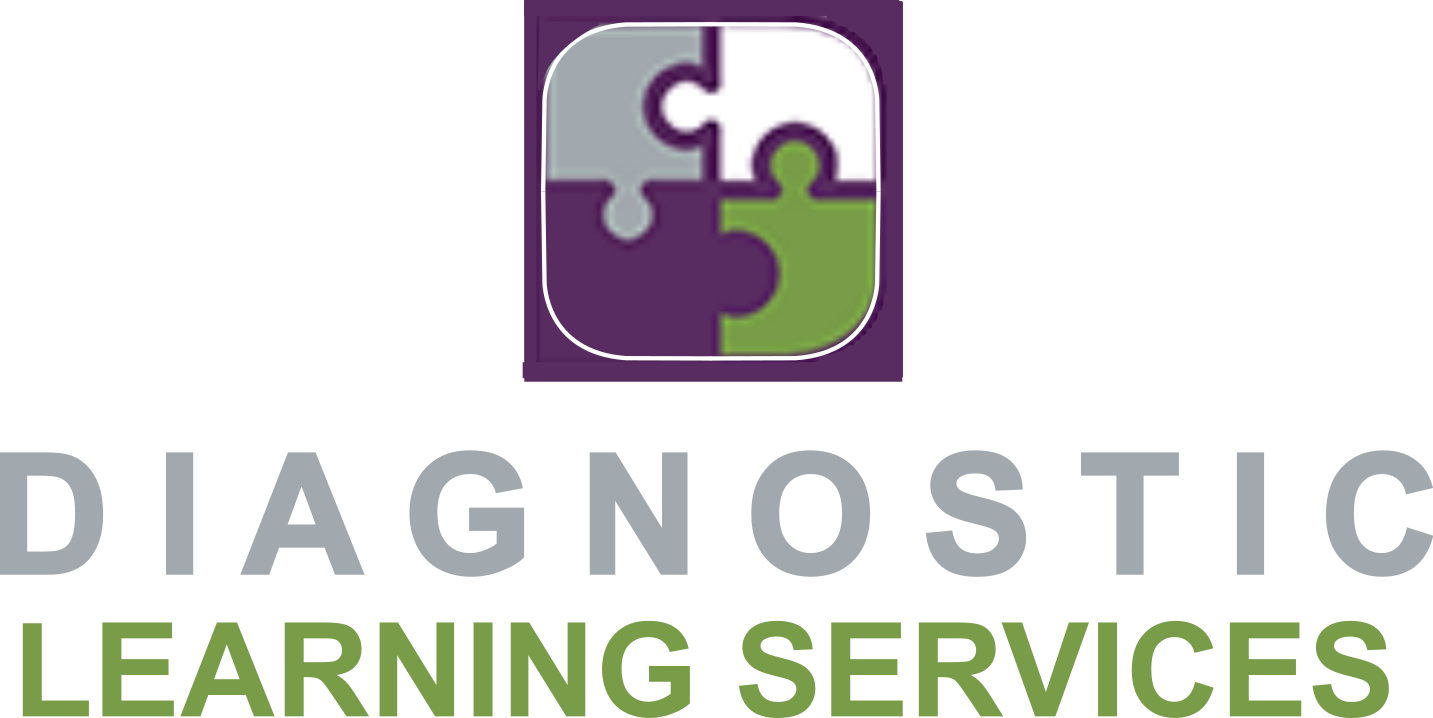ADHD and Hyperfocus Part 2
Managing ADHD and harnessing hyperfocus effectively involves a combination of behavioral strategies, lifestyle adjustments, and, in some cases, professional intervention. It's important to note that what works for one person may not work for another, so a personalized approach is often key. Below are some general strategies that you may find helpful:
Structured Routine:
Establish a daily routine with consistent wake-up and bedtime schedules.
Use calendars, planners, or smartphone apps to organize tasks and set reminders.
Break Tasks into Smaller Steps:
Divide larger tasks into smaller, more manageable steps to make them less overwhelming.
Use checklists to track progress and provide a sense of accomplishment.
Time Management:
Break the day into blocks of time for specific activities.
Set timers or alarms to help with transitions between tasks and to avoid hyperfocusing for too long on one activity.
Organizational Strategies:
Create and maintain an organized physical environment at home and work.
Use organizational tools such as labeled containers, color-coded systems, or digital apps.
Mindfulness and Meditation:
Practice mindfulness techniques and meditation to improve focus and reduce anxiety.
Mindful breathing exercises can help manage impulsivity and increase self-awareness.
Physical Exercise:
Engage in regular physical activity, as it has been shown to improve attention and reduce hyperactivity.
Choose activities that are enjoyable to increase motivation.
Healthy Lifestyle:
Prioritize good nutrition, regular sleep, and hydration to support overall well-being.
Avoid excessive caffeine or sugar intake, as they can contribute to impulsivity and restlessness.
Behavioral Therapy:
Consider behavioral therapy, which can provide practical strategies for managing ADHD symptoms.
Cognitive-behavioral therapy (CBT) may help address negative thought patterns and improve coping skills.
Medication:
Consult with a healthcare professional to discuss medication options.
Stimulant medications, such as methylphenidate or amphetamines, are commonly prescribed to manage ADHD symptoms.
Educational and Occupational Support:
Inform teachers or employers about ADHD to receive necessary accommodations.
Work with educators or employers to create an environment that supports focus and productivity.
Social Support:
Build a strong support network of friends, family, or support groups who understand and can provide encouragement.
Share your challenges and successes with others to reduce feelings of isolation.
Mindful Hyperfocus:
Identify activities that trigger hyperfocus and channel that focus into productive and beneficial tasks.
Set specific time limits for hyper focused activities to prevent neglect of other responsibilities.
Professional Guidance:
Consult with psychologists, psychiatrists, or ADHD coaches for personalized guidance and support.
Consider joining ADHD support groups to connect with others who share similar experiences.
It's crucial to approach ADHD management holistically, combining various strategies to address different aspects of daily life. Individuals with ADHD may find it helpful to work closely with healthcare professionals to develop a tailored plan that suits their specific needs and challenges.
